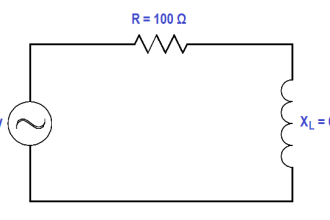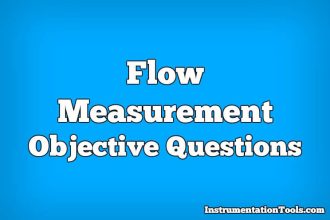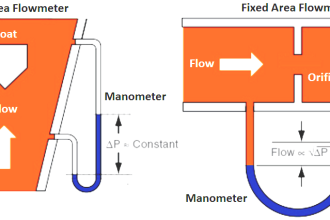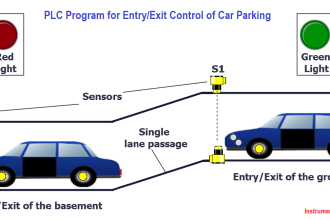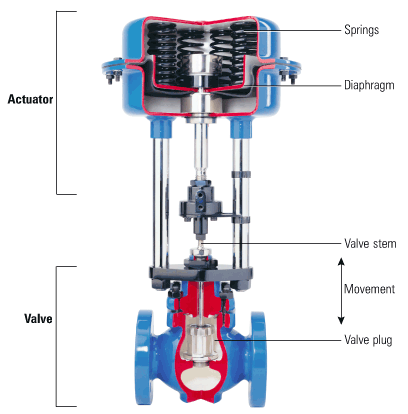Herein we have broken down the differences and distinctive features of both of these power systems. Our team of experts is standing by to answer any additional questions you may have.
Pneumatics offers fluid power driven by the use of pressurized air or gases. In contrast, hydraulics delivers fluid power by utilizing pressurized liquids. This would include liquids like oil or water.
Hydraulic versus Pneumatic Systems
There are several factors that should be considered when comparing hydraulics vs pneumatics. When choosing one over the other, also consider its cost-effectiveness and other factors such as the type of materials needed to be moved.
Think about the availability of the resources and how much space you have allocated.
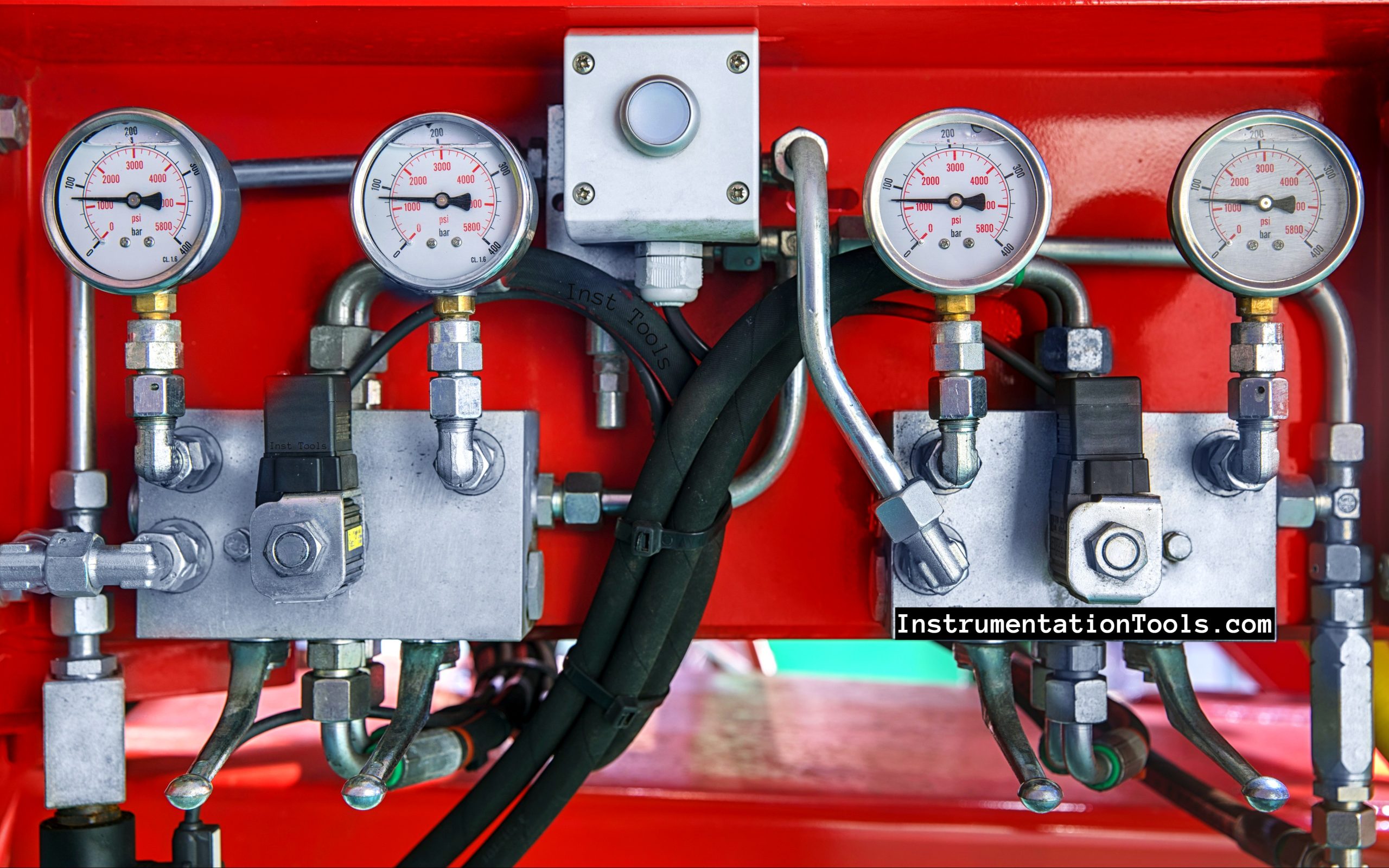
Certain types of equipment, such as heavy lifting machinery, typically will take up more space. This means that, because of its sheer size, it needs a greater amount of power as compared to smaller equipment for uses other than heavy lifting.
Advantages and Disadvantages of Hydraulics
Let’s begin with the advantages of a hydraulic system. It provides efficient power and accuracy. It’s also known for its ease of maintenance and operation.
As to the disadvantages of hydraulic systems, there is a possibility of the system leaking.
Advantages and Disadvantages of Pneumatic
The advantages of a pneumatic system include the ease of availability of its power sources. It’s safe, and it allows for flexible temperature usage. Some disadvantages of pneumatic systems are that they could leak and be noisy.
Hydraulics has the capability of producing higher levels of pressure. The pressure can then transmit the power to source your industrial application by using hydraulic power for such products as mining equipment, heavy lifting cranes, and more.
While pneumatics produce easily-compressible gas via air or pure gas, hydraulics utilize more incompressible liquid sources including mineral oil, water, and ethylene glycol.
With a lower mass density, the air is able to flow faster and more easily through the piping. In pneumatic systems, the valves and cylinders can change direction by dumping out compressed air. This simplifies the disposal process.
When using water or oil, these fluids can seep out through faulty seals, a faulty valve, or a worn-out hose. Any presence of liquids or moisture might cause hardware corrosion, and it’s important to have either of the systems you choose regularly maintained to inspect for potential leaks or damaged parts.
Consider also the fact that pneumatics can lose energy through the heat produced by compression. This can be minimized or prevented in large part by taking measures that can help to make the system more energy-efficient.
Compared to air, water and hydraulic oil have a higher resistance. It will likely develop a higher degree of force and maintain a consistent flow of pressure. That said, it has less rapidity than air movement making it take longer for the system to get up and running.
Another advantage to hydraulic is that the fluids, oil or water, can be used over and over again from the first start-up. Many experts recommend that you have a good quality filtration system that is professionally maintained. The hydraulic system, in return, will be highly energy-efficient throughout its lifespan.
You will still have to use electricity in order to operate the pump. It’s the pump that accounts for a good portion of the energy consumption. The fluid needs to be in constant circulation to create pressure.
The reason is that a viscous fluid medium requires more energy to move it. There is good news on that front. Many improvements have been made to facilitate the process thanks to the implementation of advances in technology.
Summary
As you no doubt know by now, there are pros and cons to both systems. In addition, there are similarities as well. The pneumatics and hydraulics are based on unique applications of fluid power.
Similarly, they both use pumps and fluid to ultimately transmit mechanical energy. One of the primary differences in the systems comes down to the actual type of fluid each uses.
Hydraulics and pneumatic systems are rugged and durable. We are happy to help you select the best equipment for your specific business needs.
Our technicians are vastly trained to handle even the most complex repairs and maintenance. Like any other piece of large machinery, a routine tune-up can help keep your equipment running at peak performance.
Get your hydraulics pneumatics pumps and valves in Saudia Arabia, and discover how the experience makes all the difference.
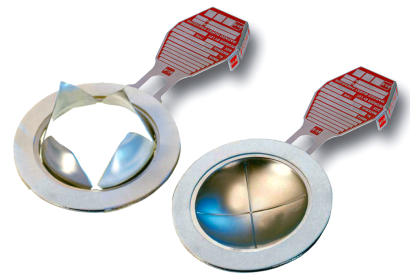
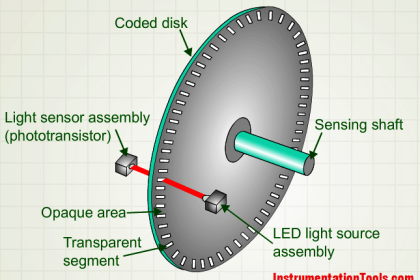
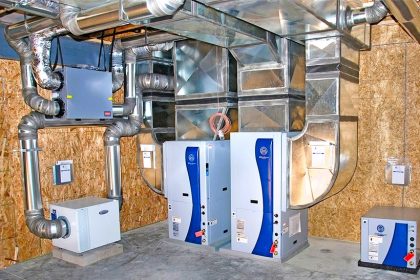
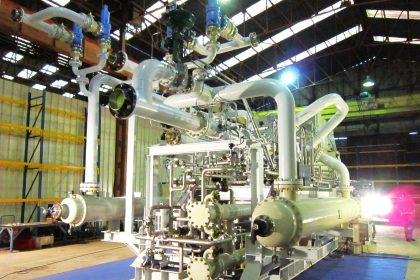

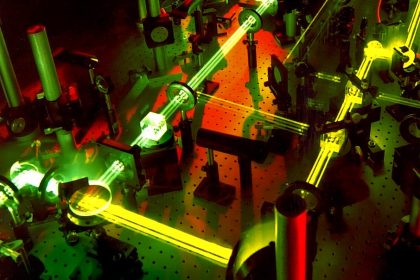
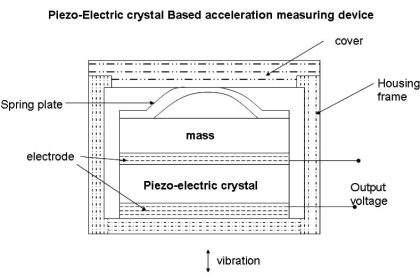

![Multi-Tank Liquid Level Control System with Fill Priority [PLC]](https://instrumentationtools.com/wp-content/uploads/2025/07/Multi-Tank-Liquid-Level-Control-System-with-Fill-Priority-PLC-330x220.jpg)
